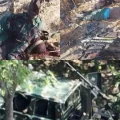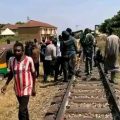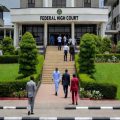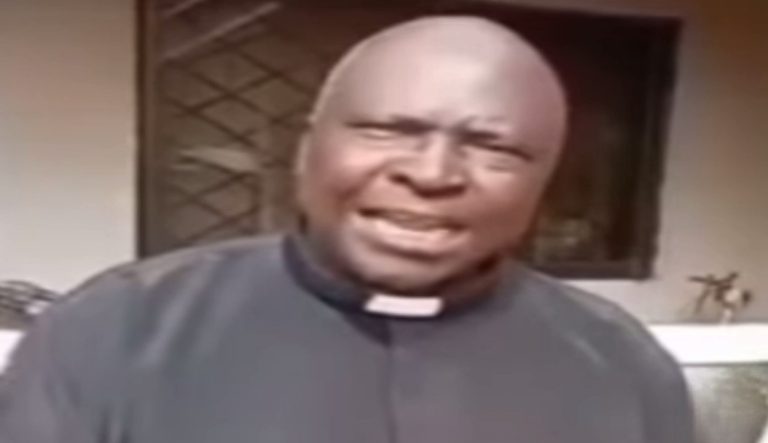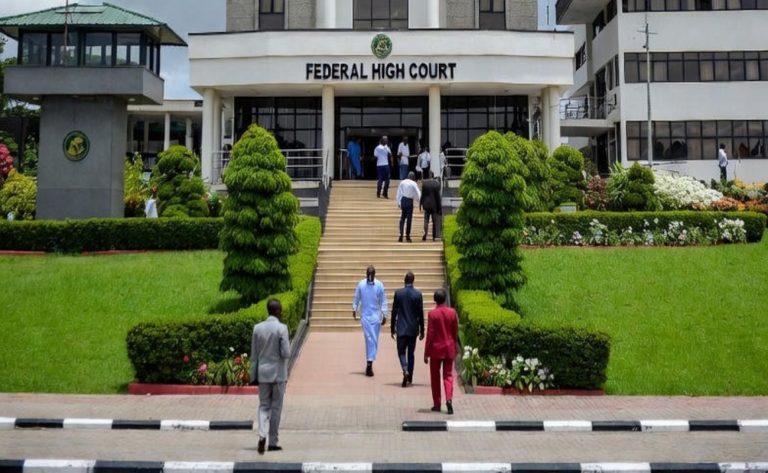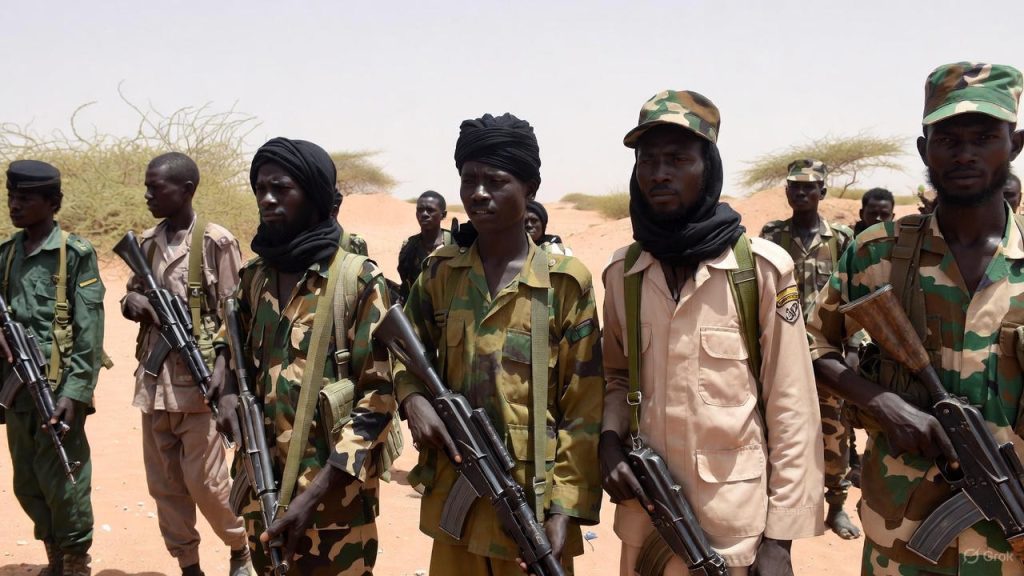
Armed Boko Haram insurgents
Boko Haram Attacks Reported in Northeastern Nigeria
Officials in Borno state said suspected militants carried out fatal Boko Haram attacks on Thursday. They said 10 people were killed in an ambush near the Cameroon border.
The Civilian Joint Task Force reported losing nine members during the incident. A local farmer was also confirmed dead by regional authorities.
The vigilante group responded to the killing of the farmer outside Warabe. The area lies within Gwoza district near the Mandara Mountains.
A senior militia commander in Warabe said he counted seven bodies at the scene. He said the victim list included CJTF volunteers and the farmer.
He said two additional bodies were found during a bush search on Friday. He described the discovery as confirmation of heavy losses among his colleagues.
A police officer in Gwoza district confirmed the casualty figure provided by local sources. He said suspected jihadist fighters launched the Boko Haram attacks late on Thursday.
The incident took place close to long-standing militant routes near Cameroon. Authorities said the terrain has historically provided cover for armed groups.
Officials Respond to Renewed Boko Haram Attacks
Security personnel said the ambush occurred as CJTF members mobilised to investigate the earlier killing of the farmer. They said militants targeted the responders before they reached the farm site.
A CJTF member named Musa Iliya said several colleagues were attacked during the operation. He said the militants “killed seven” and left eight others missing.
He said the missing volunteers were last seen heading into the bush. He said the search for them continues under military oversight.
The Nigerian Army has not immediately released an official statement. Senior officers in the region said verification efforts remain ongoing.
The reported attack occurred days after another military loss in the same region. Officials said an ISWAP ambush killed a brigadier general during a convoy movement.
That officer was the highest-ranking Nigerian commander killed since 2021. The Defence Headquarters confirmed the incident earlier this week.
ISWAP operates separately from Boko Haram despite originating from the same insurgent network. Analysts said both factions remain active in remote border communities.
Regional Significance of Boko Haram Attacks
The Mandara Mountains have long been identified as a stronghold for armed groups. Officials said the area’s rugged terrain benefits both Boko Haram and ISWAP fighters.
The mountains stretch across the Nigeria-Cameroon frontier. Security analysts said the region sees regular cross-border movements by insurgents.
Local residents said farming communities face frequent disruptions due to violence. They said many villages rely on CJTF volunteers for early warnings.
The state government funds the CJTF under military supervision. Officials said the volunteers assist with patrols and intelligence sharing.
Borno state remains the epicentre of the 15-year insurgency. The United Nations has reported more than 40,000 deaths since the conflict began.
Humanitarian agencies said the conflict has displaced more than two million residents. Relief workers said many communities remain difficult to access.
International Reactions and Wider Implications
The Pentagon said U.S. Defense Secretary Pete Hegseth met Nigerian National Security Advisor Nuhu Ribadu on Thursday. Officials said the meeting focused on rising violence in the region.
Pentagon spokesman Sean Parnell said Hegseth urged Nigerian authorities to take “urgent and enduring action” to address attacks on civilians. He said Washington aims to support Abuja in countering militant networks.
Parnell said the United States wants to cooperate on security operations targeting groups that threaten U.S. interests. He said the meeting addressed bilateral defence ties between the two countries.
The discussion followed recent remarks made by former U.S. President Donald Trump. He said Christianity faced “an existential threat” in Nigeria during a public statement.
Trump warned of possible U.S. action if violence was not addressed. Nigerian authorities did not issue a direct response to the statement.
Nigeria has an estimated population of 230 million people. The country is roughly divided between a Christian-majority south and a Muslim-majority north.
Researchers said the Boko Haram attacks hit communities of both faiths. They said the insurgency targets security personnel and civilians without distinction.
Context Behind Boko Haram Attacks and Inter-Communal Violence
Experts said farmer-herder clashes in north-central Nigeria remain driven by competition for land. They said expanding populations and changing weather patterns intensify the pressure.
Agricultural groups said reduced rainfall has affected crop yields in several districts. They said herders face fewer grazing areas during dry seasons.
Local leaders said these conditions contribute to regional instability. They said criminal groups sometimes exploit existing tensions.
The Nigerian government maintains that national security operations continue across affected regions. Officials said troop deployments have been increased following recent attacks.
Defence analysts said Thursday’s ambush underscores ongoing challenges in border communities. They said the incident reflects persistent mobility of militant factions.
Community representatives in Warabe requested increased surveillance measures. They said the area’s proximity to mountain trails creates risks for farmers and traders.
The Nigerian Police Force said investigations into the Boko Haram attacks remain active. Officers said additional patrols have been sent to the Gwoza district.
